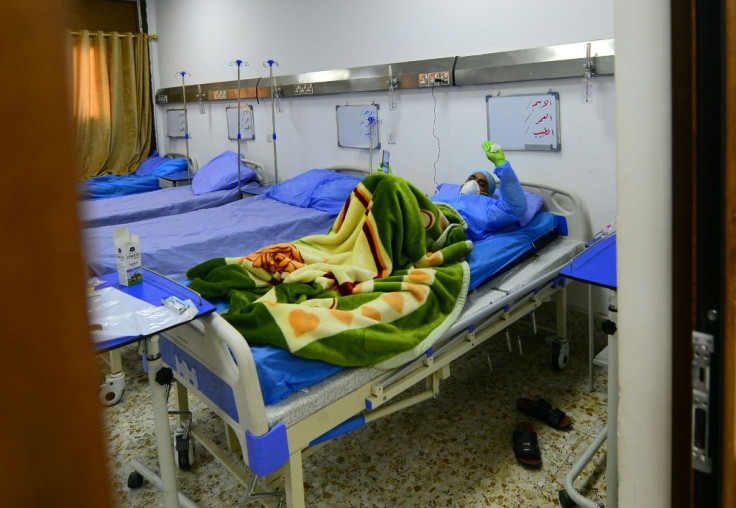Coronavirus Update: New Tool Predicts Who Will Get Seriously Sick With 80% Accuracy
Given the increasing caseload and the pandemic situation, there is an urgent need to augment clinical skills in order to identify which of the mild cases will progress to critical illness. A new study revealed the best indicators of future severity.
The researchers at New York University’s Grossman School of Medicine have developed an artificial intelligence tool that can accurately predict which COVID-19 patients will go on to develop severe respiratory disease.
“While work remains to further validate our model, it holds promise as another tool to predict the patients most vulnerable to the virus, but only in support of physicians’ hard-won clinical experience in treating viral infections,” Futurity quoted the study’s corresponding author Megan Coffee, a clinical assistant professor in the Division of Infectious Disease & Immunology within the medicine department at New York University’s Grossman School of Medicine.
According to the study’s co-author Anasse Bari, a clinical assistant professor in computer science at the Courant Institute, the research team’s goal was to ideally design and deploy a decision-support tool using the capabilities of artificial intelligence to flag future clinical coronavirus severity.
“We hope that the tool, when fully developed, will be useful to physicians as they assess which moderately ill patients really need beds and who can safely go home, with hospital resources stretched thin,” Futurity quoted Anasse Bari.
The researchers collected demographic, laboratory as well as radiological findings from 53 patients who had tested COVID-19 positive in January 2020 at the two Chinese hospitals. While the symptoms were typically mild- began with cough, fever, and stomach upset, a minority of patients went on to develop severe symptoms including pneumonia within a week.
The findings were quite surprising. The characteristics that were previously considered to be hallmarks of COVID-19 like certain patterns seen in lung images, fever, and strong immune responses were not useful in predicting which of the patients with mild symptoms would develop severe lung disease. Also, they found that neither age nor gender was of any use in predicting serious disease, even though previous studies have found that men over 60 were at a higher risk.
The new AI tool found changes in these three features were most accurately predictive of subsequent severe illness and they were able to predict the risk of ARDS with almost 80% accuracy:
- Levels of the liver enzyme alanine aminotransferase (ALT)
- Reported Myalgia
- Hemoglobin Levels
The ALT levels rise dramatically as ailments such as hepatitis damage the liver and the levels were a bit higher among COVID-19 patients whose condition progressed to severity. Myalgia, a.k.a. deep muscle, aches have been associated with higher general inflammation in the body and higher levels of hemoglobin were linked to later respiratory distress.

© Copyright IBTimes 2024. All rights reserved.






















